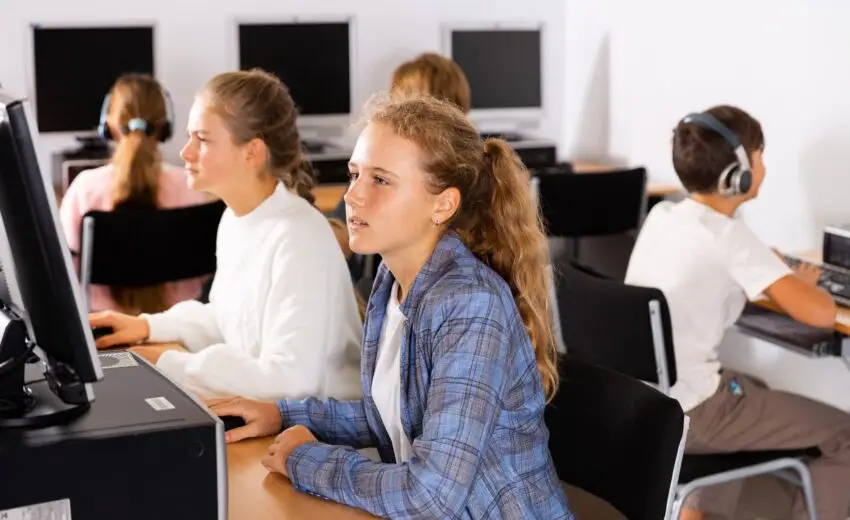The UK is witnessing an influx of applications to state schools as parents brace for Labour’s proposed tax hike on private school fees.
This surge could potentially overcrowd classrooms and put additional pressure on the already overstretched state education system.
Increase in Pupil Enquiries
State schools are experiencing a significant increase in pupil enquiries as parents prepare for a potential tax hike on private school fees. In Surrey alone, nearly 600 enquiries were made within a two-week period last month, according to data obtained by The Telegraph.
Surrey County Council reported 582 email queries from private school parents between June 4 and June 19, seeking information about vacancies in local state schools. The actual number is likely higher, as this figure does not include telephone queries and some emails may concern multiple children.
Government’s VAT Proposal and Its Impact
The Government’s proposal to impose a 20% VAT on private school fees aims to raise £1.5 billion for funding 650 new teachers. However, the state system faces challenges in absorbing up to 40,000 pupils who may be forced to transfer from private schools due to rising fees, according to the Institute for Fiscal Studies (IFS).
Former shadow attorney general Emily Thornberry recently admitted that this policy could result in larger class sizes in state schools.
Additionally, a local authority in south-west London, Merton Council, has discussed expanding capacity at two state secondary schools and reversing a decision to reduce pupil numbers at another school to cope with the expected influx of private school pupils.
Challenges for Local Councils
A briefing note from Merton Council indicated that up to 20% of private school pupils might be forced out due to the proposed tax changes.
The council expressed optimism about accommodating the additional numbers in the long term but noted that pupil numbers would remain relatively stable for the next two years.
In Surrey, which has one of the highest proportions of private school pupils in the UK, the parents of 227 private school pupils have applied for in-year transfers to state schools since January.
Criticism from Various Quarters
Shadow Education Secretary Damian Hinds criticised the Labour government’s plan, stating, “This just goes to show that hard-working parents are already paying the price for Labour’s politics of envy.”
Despite assurances that the tax will not be implemented until the 2025-26 academic year, some parents have already begun withdrawing their children from private schools to avoid long waiting lists for state school places.
Ben Spencer, MP for Runnymede and Weybridge, urged the Government to address the potential impact on state schools and families, questioning whether class sizes would increase, children would need to travel further, or playgrounds would be built on to accommodate the influx.
Long-Term Projections and Recommendations
Analysis by Baines Cutler for the Independent Schools Council projects that within five years of implementing the VAT policy, 25.4% of private school pupils could be forced to drop out due to higher fees.
In constituencies like Runnymede and Weybridge, almost 1,800 pupils might be affected, but there is only space for an additional 887 places, leading to schools running at almost 6% over capacity.
IFS Deputy Director Helen Miller has recommended capping or removing various tax reliefs, including those for agricultural land, businesses, and pensions. She argued that these measures should be considered regardless of revenue goals.
Economic Ramifications and Expert Opinions
Neil Davy, chief executive of Family Business UK (FBUK), warned that removing business relief would jeopardise economic growth, forcing companies to reserve funds for future tax liabilities or liquidate upon the owner’s death to cover tax bills.
Ollie Saiman, co-founder of wealth manager Six Degrees, described the removal of inheritance tax relief on private company shareholdings as “the nuclear option,” with severe implications for small businesses.
The anticipated tax changes on private school fees are driving a notable shift in pupil enrolment patterns, with parents increasingly favouring state schools.
The implications of this trend are far-reaching, from increased class sizes to potential economic ramifications, highlighting the need for a balanced approach to education funding.


